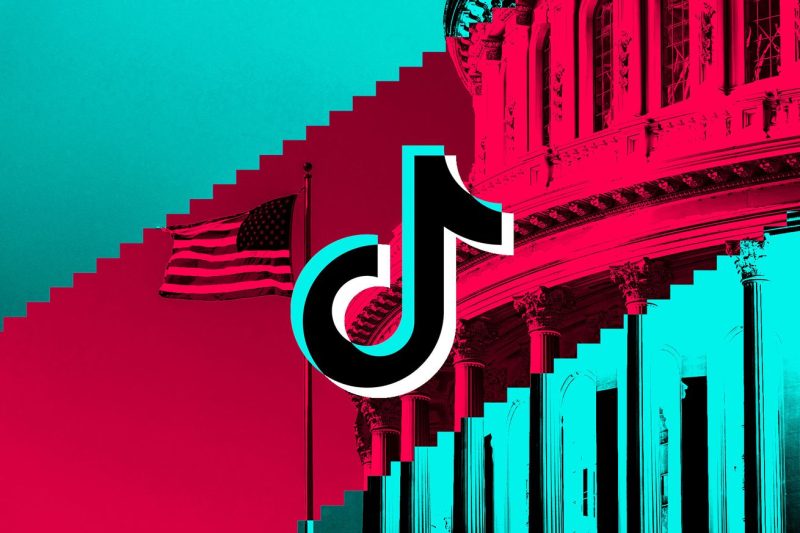TikTok Makes Its First Amendment Case
The recent legal battle between TikTok and the U.S. government has brought to light crucial questions regarding freedom of speech on social media platforms. The popular video-sharing app has found itself at the center of controversy over concerns about data privacy and its supposed ties to the Chinese government, leading to threats of a ban by the Trump administration.
At the heart of TikTok’s defense is the argument that banning the app would violate the First Amendment rights of its users. The company contends that the government’s attempt to restrict access to the platform restricts users’ ability to express themselves and engage in free speech. By blocking TikTok, the argument goes, the government would be infringing on the constitutional rights of millions of Americans who use the app to share their thoughts, ideas, and creativity.
The case raises important questions about the intersection of technology, national security, and civil liberties in the digital age. While the government has a legitimate interest in protecting national security and data privacy, it must also respect the constitutional rights of individuals to express themselves freely. The First Amendment guarantees the right to free speech, and social media platforms play a critical role in enabling individuals to exercise that right in the digital realm.
TikTok’s case has broader implications for the regulation of social media platforms and the boundaries of government intervention in the digital space. The outcome of this legal battle could set a precedent for how other tech companies navigate similar challenges in the future. It also underscores the need for a nuanced approach to addressing national security concerns without unduly limiting free expression online.
Ultimately, the dispute between TikTok and the U.S. government highlights the complexities of balancing competing interests in the digital age. As technology continues to evolve and shape our society, it is essential to find a way to safeguard national security while upholding the fundamental principles of freedom of speech and expression. The outcome of this case will have far-reaching implications for the future of online discourse and the protection of constitutional rights in the digital realm.

